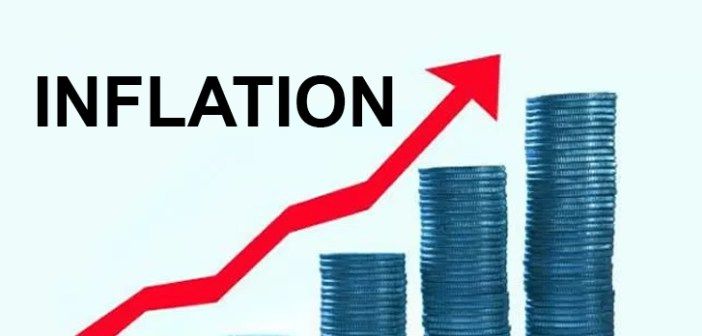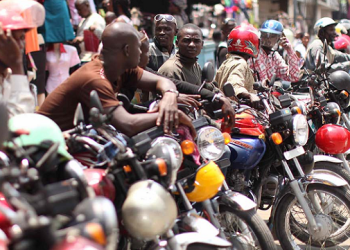Ghana’s inflation rate has climbed for the fourth consecutive month, hitting 23.8% in December 2024, as soaring food prices exert pressure on household budgets.
The latest figures, released by the Ghana Statistical Service (GSS), mark the highest inflation rate in eight months and spotlight persistent economic challenges.
Food Inflation Dominates the Inflation Narrative
The primary driver of December’s inflation surge was food prices, which saw an increase from 25.9% in November to 27.8%.
Essential staples such as yams have experienced dramatic year-on-year price hikes, with yams alone recording a staggering 63.3% increase.
Addressing the press, Government Statistician Samuel Kobina Annim noted the critical role of food inflation in the overall rate.
Read Also: HMPV outbreak: experts urge caution amid rising cases in China but rule out global threat
“The rate of inflation… is the third highest in the last 13 months and highest in the last eight months,” he said, underscoring the urgent need for interventions in the food production and distribution sectors.
Non-Food and Imported Items Offer a Mixed Picture
Non-food inflation offered a slight reprieve, dropping marginally from 20.7% in November to 20.3% in December.
However, inflation for locally produced items rose from 25.4% to 26.4%, while imported goods saw a modest increase from 17.6% to 17.9%.
Sectors such as alcoholic beverages, tobacco, and narcotics (28.4%) and housing, water, electricity, and gas (26.3%) continued to contribute significantly to inflationary pressures.
Regional Disparities Highlight Inequalities
Inflation rates varied widely across Ghana, with the Upper East Region recording the highest rate at 40.6%, more than double the lowest rate of 16.8% in the Eastern Region.
These disparities highlight the uneven impact of inflation across the country, raising questions about regional economic resilience and policy priorities.
Experts Call for Broader Policy Measures
Professor Annim called for a comprehensive approach to addressing inflation, beyond traditional monetary policy.
“We need interventions in production, value chains, transportation, warehousing, and reducing post-harvest losses,” he said, emphasizing the importance of tackling food inflation at its source.
He also encouraged policymakers to focus on structural issues affecting food prices and to avoid overly narrow solutions like targeting exchange rates or specific commodities.
New Government Faces Inflation Challenge
As President John Dramani Mahama begins his second term, he faces mounting pressure to address inflation and stabilize the economy.
The December inflation rate of 23.8% surpasses the Bank of Ghana’s target of 18%, reflecting the scale of the challenge ahead.
President Mahama has vowed to prioritize measures that tackle inflation and currency depreciation to ease the cost-of-living crisis.
Looking Ahead: A Call for Deeper Analysis
Prof. Annim announced plans to release a detailed review of 2024 inflation trends, providing insights into seasonal price variations and historical data.
The report aims to shift public discourse beyond the headline figure of 23.8%, fostering deeper understanding of the underlying factors driving inflation.
“We are hoping that our colleagues in the media… will move the conversation away from a headline figure of 23.8% and begin to have a conversation on why,” Annim urged.
The upcoming review is expected to guide policymakers in crafting effective strategies to stabilize food prices and address inflationary pressures, offering hope for a more stable economic future in 2025.


























